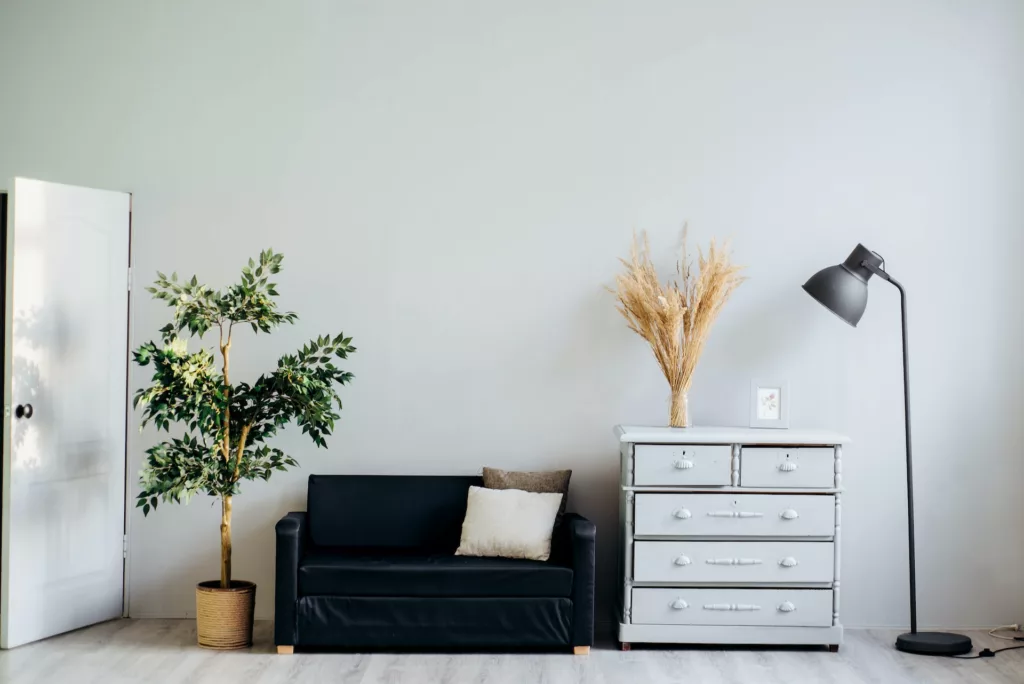
Estimated reading time: 3 minutes
In this guide, we provide a comprehensive list of practical tips to fortify your rental apartment, ensuring a haven of safety and peace. Whether you’re a seasoned renter or a student experiencing college housing for the first time, these suggestions are indispensable.
Quick Apartment Safety Checklist
- Upgrade door and window locks.
- Build a rapport with neighbors.
- Invest in a personal safe and renter’s insurance.
- Opt for a renter-friendly security system.
- Choose a strategic apartment location within the building.
- Remember, these tips are valuable for students too.
- Always prioritize safety for a positive renting experience.
Deep Dive: Apartment Safety Recommendations
- Engage with Your Landlord: Always address security concerns like malfunctioning locks or poor lighting immediately. Your landlord should maintain a safe living environment. If repairs are delayed, consider reaching out to a trusted professional to reinforce your apartment’s security.
- Deter Potential Threats: While you might not have a dog or a full-fledged security system, signage suggesting otherwise can deter unwanted visitors. Fake security cameras can enhance this illusion without breaking the bank.
- Strengthen Entry Points: Reinforce doors with high-grade locks and a deadbolt. Add a peephole for added vigilance. Enhance window security with protective films.
- Foster Neighborhood Ties: Know your surroundings and build relationships. Joining community groups, keeping an updated address, and utilizing local services boost both camaraderie and security.
- Financial & Personal Protection: Secure valuables in an anchored safe. To protect from theft or damage, opt for renter’s insurance, some of which may also offer liability coverage.
- Optimal Lighting: Brightly lit surroundings ward off intruders. For outdoor areas, motion sensor lights are a boon. Indoors, timers can simulate presence.
- Maintain a Low Profile: If away, ensure your absence isn’t noticeable. Rely on neighbors for mail collection or consider a housesitter. Regularly rotating timers on lights or radios can replicate activity.
- Home Practices: Cultivate the habit of locking up, even when indoors. This simple routine can thwart opportunistic break-ins.
- Guard Personal Information: Conceal sensitive documents, especially from plain view. Invest in a secure mailbox or opt for a PO Box.
- Digital Awareness: Be circumspect about sharing details online. Prioritize cybersecurity, from a robust home network to social media discretion.
- Damage Prevention & Control:
- Install smoke detectors and have a fire extinguisher.
- Install smoke & vape detectors and have a fire extinguisher. Know the emergency exit routes.
- Know the emergency exit routes.
- Store a first-aid kit.
- Draft an emergency plan.
- Mitigate water damage risks.
- Handle electronics and appliances with care.
FAQs
- Which Apartment Floor is Safest? While higher floors may see fewer break-ins due to inaccessibility, consider potential challenges during emergencies. A middle floor often strikes a balance.
- Which Part of the Apartment is Safest? Internal rooms, away from the street or on higher floors, are generally safer.
- Living Alone Safety Tips: Maintain regular contact with trusted individuals, keep emergency contacts handy, consider a self-defense course, and always trust your instincts.
Ensuring safety in an apartment entails awareness, strategic investments, and fostering community ties. Adhering to these security recommendations can pave the way for a tranquil living experience. Remember: Your well-being is paramount. Here’s to secure and happy renting!